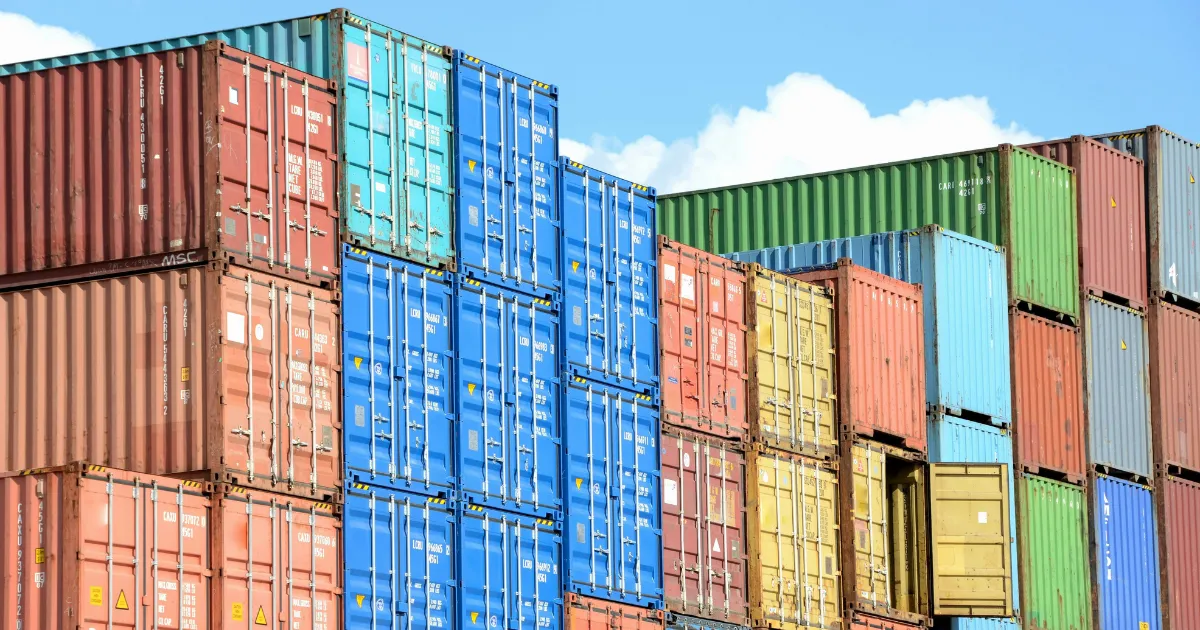If you’ve been scrolling through the news lately, you’ve probably caught wind of the Trump tariffs making waves. It’s the kind of topic that’s popping up everywhere—whether it’s a headline, a quick chat over coffee, or even a sidebar in your last team huddle.
For us at Sino-Alpine, it’s more than background noise; it’s a shift that’s already stirring up the world of international trade. So, let’s dive in—what’s going on with these tariffs, why should we care, and how might they ripple through our business and beyond?
A New Chapter for International Trade
Why the Tariffs Matter
At its core, the Trump tariffs are about shaking up the status quo. The U.S. is pushing to:
- Bring manufacturing back home
- Tackle uneven trade balances
- Give American businesses a stronger footing
It’s a big, bold swing—and it’s got the attention of players worldwide. From Asia to Europe, countries are already responding—some with their own countermeasures, others still figuring out their next move. Think of it like a global chess match where every piece is in play.
For businesses like ours, tied to the ebb and flow of goods across borders, it’s a moment to sit up and take notice. International trade isn’t just a buzzword for us—it’s how we operate. These tariffs could mean higher costs for goods coming into the U.S., which might force us to rethink pricing or sourcing.
But it’s not all bad news. This push might open doors closer to home, sparking fresh opportunities in unexpected places.
The Global Trade Ripple Effect
Beyond the U.S. Borders
Zoom out, and it’s clear this isn’t just a U.S. story—it’s reshaping global trade from top to bottom. Countries that have been manufacturing hotspots might take a hit, while others less in the tariff crosshairs could see a boost.
But here’s the tricky part: if everyone starts raising their own trade barriers, things could get tangled fast. Export markets we’ve counted on might shrink, and those sprawling global supply chains? They could start splitting into smaller, regional patches.
What It Means for You
On the consumer side, it’s hard to ignore the potential fallout. Everyday items—your phone, your clothes, even your weekly groceries—might come with a steeper price tag.
For businesses relying on imported goods, the story’s similar: rising costs could mean tightening belts or rethinking plans. It’s not the cheeriest outlook, but it’s the kind of shift we’re all navigating in this new trade landscape.
How Sino-Alpine Is Adapting
Staying Nimble in Uncertain Times
Here at Sino-Alpine, we’re not just watching this unfold—we’re figuring out how to move with it.
That might mean:
- Scouting new suppliers
- Leaning harder into more stable markets
- Getting creative with what we can do locally
There’s even talk that some of these Trump tariffs could ease up if negotiations kick in, but for now, we’re all about staying flexible and keeping our options open.
We’ve weathered changes before. What makes this moment stand out is the sheer scale—it’s not just one corner of the market; it’s the whole game of international trade getting a rewrite.
That’s why we’re here to keep you in the loop—sharing how these shifts shape our approach and what they might mean for our partners and customers.
Got a perspective on how this is hitting your world?
💬 Drop us a comment or shoot us a message—we’d love to hear from you.
Looking Ahead at Global Trade
A Pause on Predictability
Trade’s always been a bit of a moving target, but right now, it feels like the ground’s shifting faster than ever. The days of smooth, wide-open global markets might be on hold.
That’s not necessarily a bad thing—it’s a chance to rethink how we operate, regroup, and maybe even carve out new paths.
We’ll keep digging into this as it plays out, bringing you updates on what we’re seeing and how we’re adjusting.
Stick with us as the story unfolds—there’s plenty more to come on the Trump tariffs and their impact on international trade!


